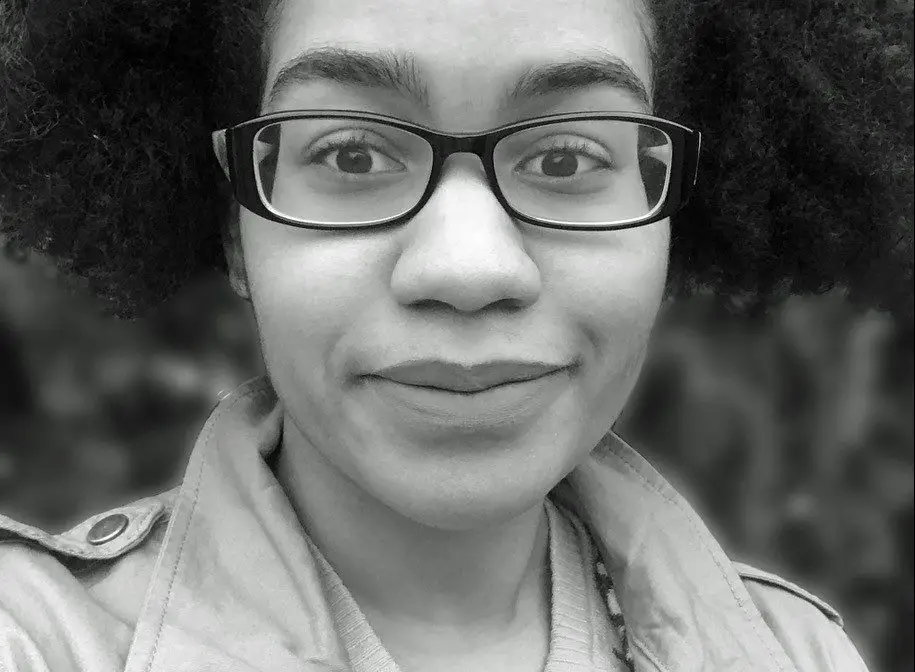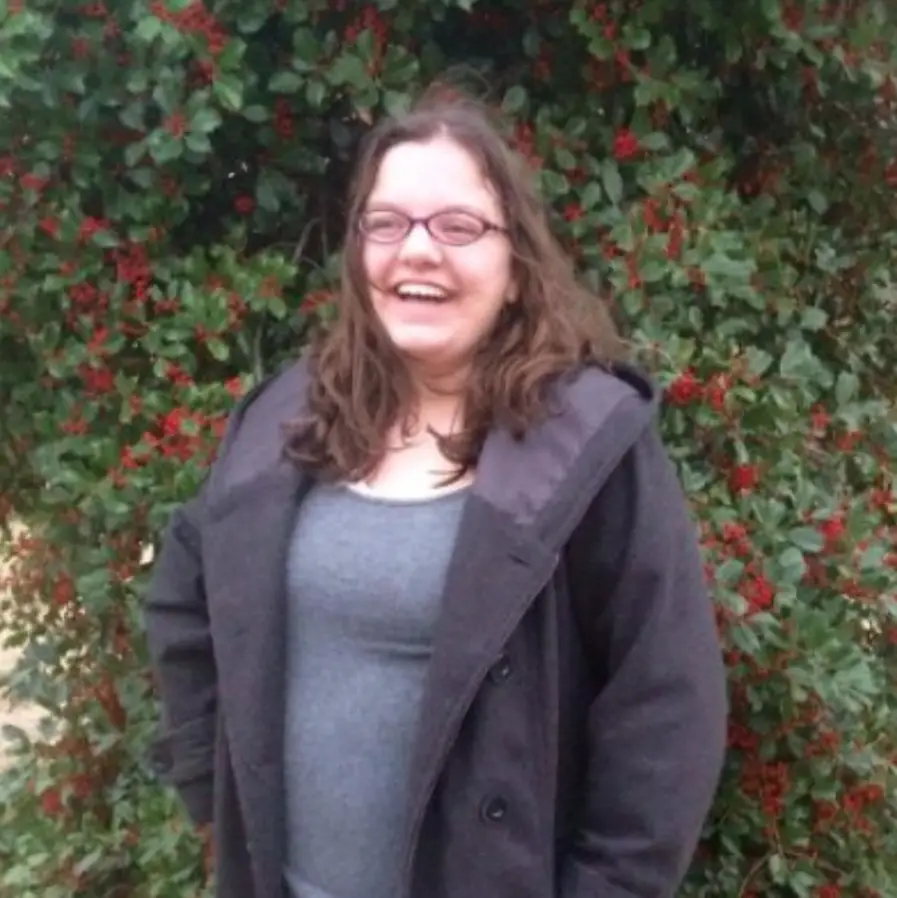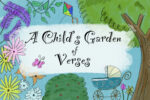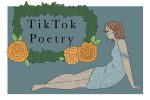Catherine Valdez, a Dominican-American writer who attends Columbia University, won the National Federation of State Poetry Societies (NFSPS) Florence Kahn Memorial Award for their 2018 Chapbook Contest. Valdez, who has been submitting her work in contests since her freshman year of high school, feels ecstatic at winning her recent award for her poetry collection “Imperial Debris in Quisqueya and Beyond.”
Throughout her collection she finds inspiration in her environment, heritage and favorite book as she talks about places in the Dominican Republic and her mother’s immigration story.
Every writer has their unique writing process and way of piecing together their work into something cohesive and beautiful. Valdez doesn’t search for intricate word choices. Instead she relies on the ones already in her conscience during her writing process. From one word or line, she branches out and expands on those ideas to create one narrative.
Emily Craig: Your author bio lists many publications and awards for your creative writing. What was your first publication and award and your reaction at hearing the news?
Catherine Valdez: I can’t remember my first publication. I started writing in ninth grade — I went to a performing arts high school where students have different majors depending on their interests. I was in the creative writing program. It was a really good place for me to develop my voice as a writer.
We were trained in a way to always look for opportunities to submit our work, so I got published kind of early. My first publication was in a student anthology. My first award was probably the Scholastic Art & Writing Awards — awards meant to recognize high school writers (also there’s a middle school category).
I remember being super happy to get a few gold keys of my first years submitting. Those feelings are still present [when submitting to contests] and exciting now with more people in the contests.
EC: Reading the first paragraph in the foreword of your upcoming NFSPS award publication, I learned about your background and inspiration for your poetry. Can you tell me more about how your heritage plays a role in your work?
CV: As a person you’re kind of raised in the ideology of your culture and tradition so it really affects how you perceive the world. Even those times when I am not trying to write about my culture it’s a part of me and how I interact with the world. It is just natural to me and it reflects in my writing.
EC: How did the process go while writing and putting together your first poetry collection? How was the process different than previous Chapbook Contests?
CV: I published my first chapbook freshman year of college. I guess I was a little less experienced with writing back then and most of my poems in that collection had been written individually and then collected sort of into a portfolio.
For this chapbook, it was more of a goal-orientated project. I had the end in sight of the poems I was writing and they were going to be part of a larger narrative. I got the original inspiration for this collection from an anthropological book I read called “Imperial Debris.”
I talked about colonial structures and the Caribbean implications embodying America. In these places we still see colonial buildings and how they are like vestiges of a colonial state and they are often more maintained and more preserved than other public structures that are beneficial for society.
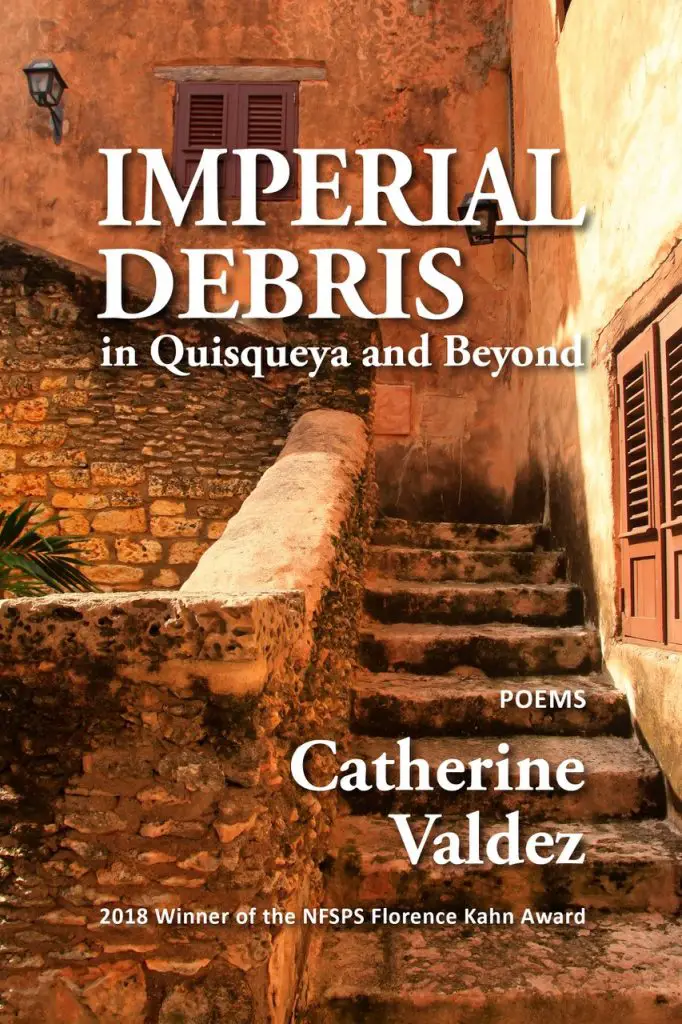
EC: In “Drive to Bani” how did you capture the feel of the poem’s surroundings?
CV: This is a poem about an actual place I visited in the Dominican Republic. I talk about how the landscape is changing and being developed into western-centric ideals. The mountains were cut through in order to make room for commercial growth and to build into the city.
This was kind of a reflection of that and just the movement away from their [Dominican Republic] natural landscapes and the disruption the construction is causing the mountain villages (I have some family there). It’s brought more people and brought change in tradition.
In this poem I try to capture the violence of that by implicating the process of how the industrial-centric mountain was created with this dynamite while also reflecting on the past-present-future of the landscape.
EC: Is “Question Posed to E” a personal poem and one that is influenced by many different experiences?
CV: This is a personal poem where I’m trying to write from the perspective of my mother soon after she immigrated from the Dominican Republic and came to the U.S. and her mother passed a few years later. I interviewed her, but the poem is a reflection on the sentiments that I got from our conversation together.
EC: Throughout your poems, including your 2018 collection, I noticed the use of a wide range of vocabulary. How do you go about finding the right word choices?
CV: So when I write I don’t really look at any sources during the initial writing process. I kind of just start with one line that just popped into my head. I like to rhyme with words already in my conscience; I like imagery that’s transformative, imagery that relies on themes of the body or on how the body should transform.
There are things that are naturally part of my thought process and it naturally comes out when I am writing. I write by ear and branch out from the sound of those words.
EC: What is your writing process like and is the process different if you are writing poetry vs. something else?
CV: My stories and poems have a similar starting place. They start with a line or metaphor that just came to me and I just want to expand on it. The process kind of diverges from there. If I am writing a poem I try to build up on that language by ear.
Meanwhile when I am writing a story I try to think of the plot or if [the plot] develops as I am writing, I try to get into the character’s head. My language morphs from the character’s perspective and the story will find its own way as I’m learning who my characters are.
Valdez is currently launching a literary review magazine during the summer, which can be found on her website.


